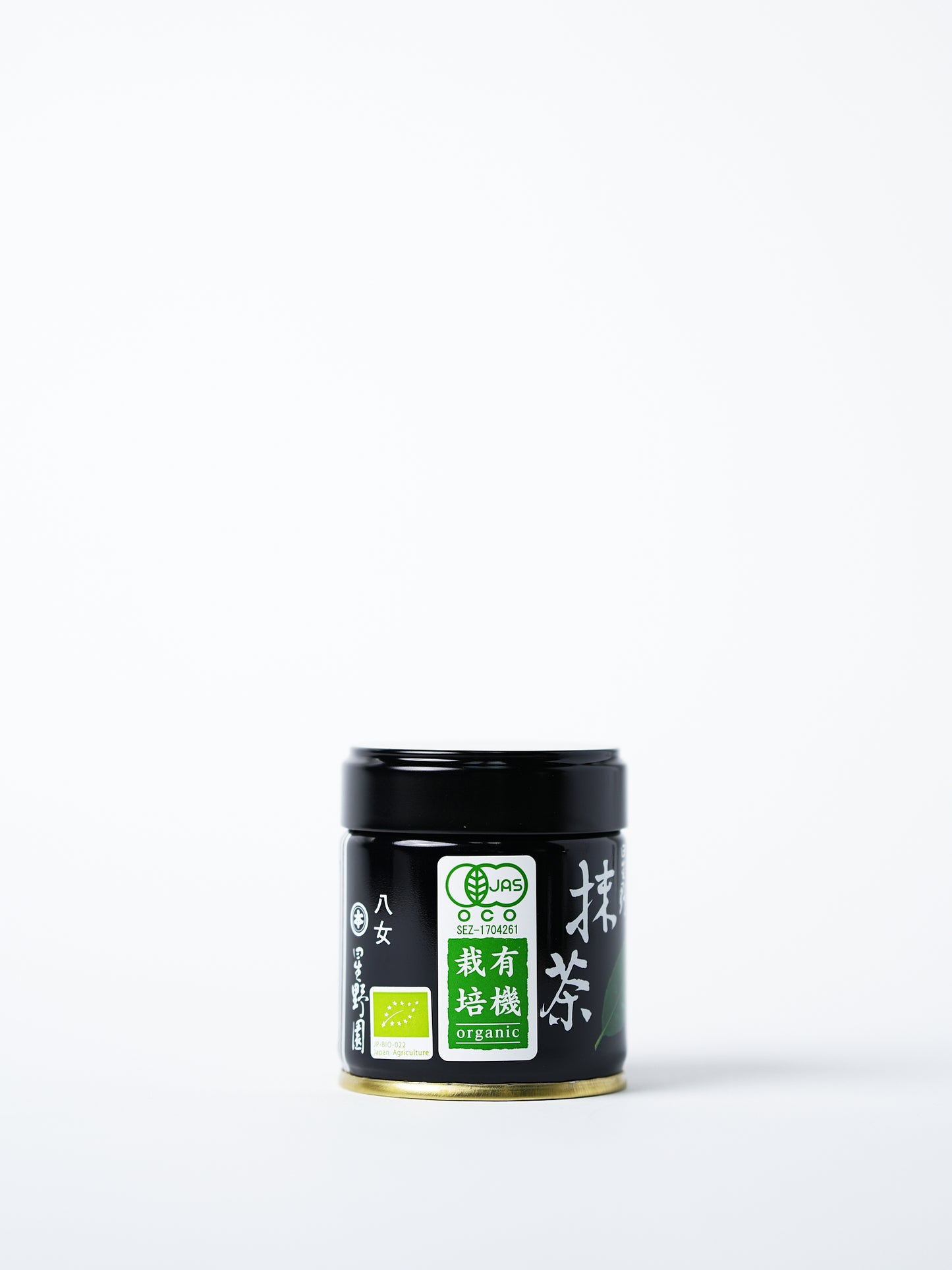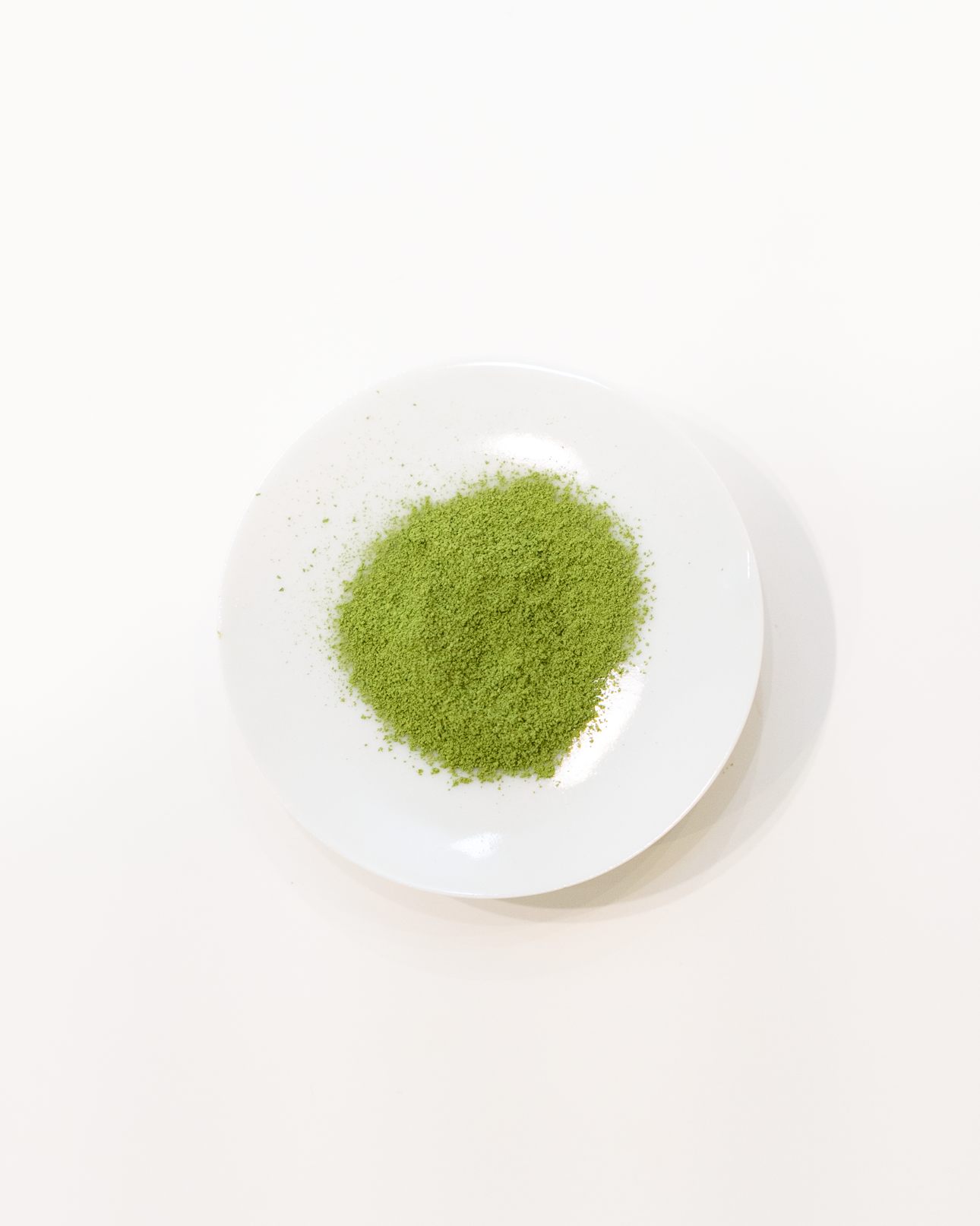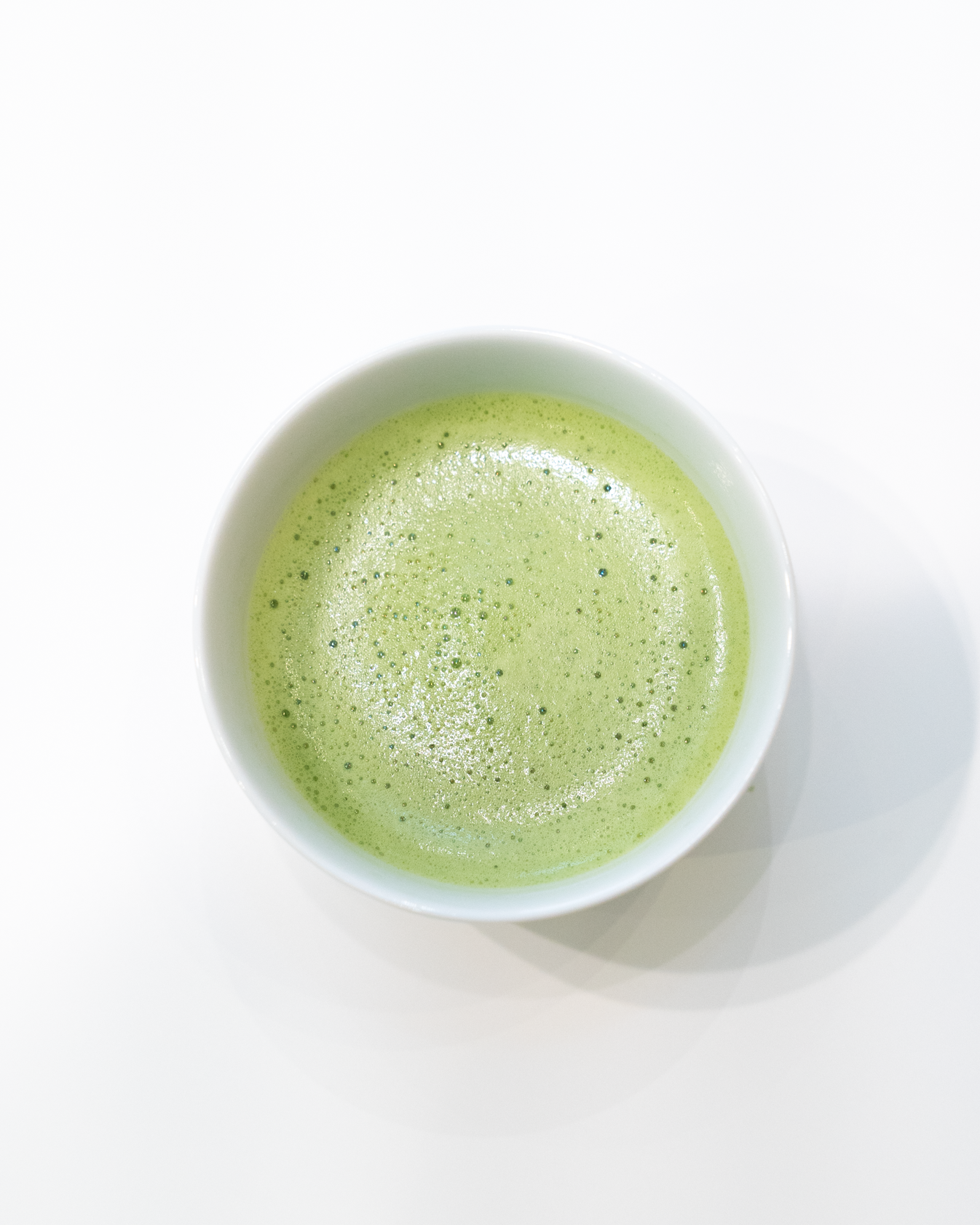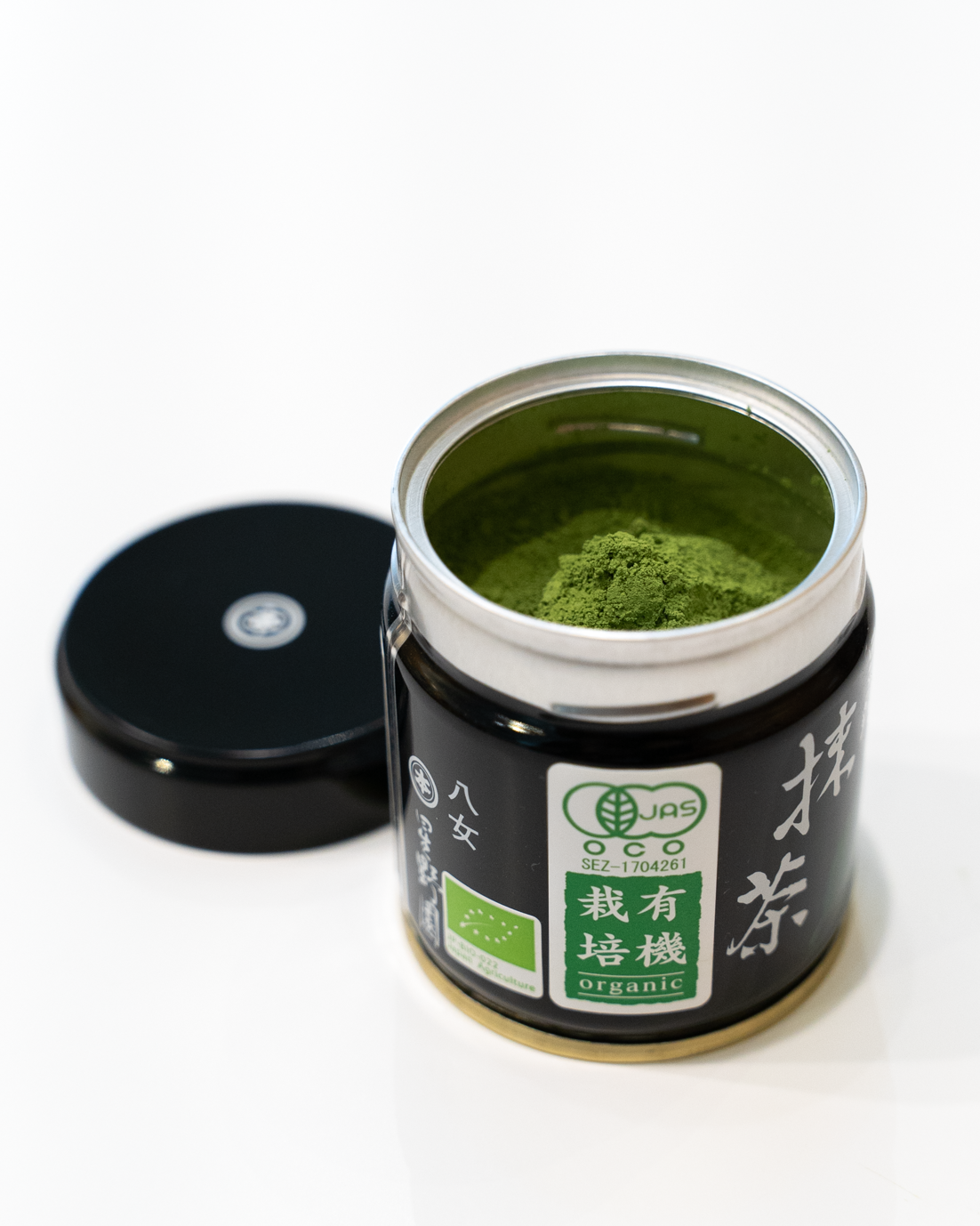Tea Master of Little Tokyo
Organic - Premium Matcha
Organic - Premium Matcha
Couldn't load pickup availability
Tea is not static. As old as we imagine it is, tea is forever changing as much as it is staying the same. From the way its consumed to the way its farmed, the tea we drink today can range from slightly distinct to a vast departure from the tea that was drank in the past. In Japan, the biggest changes in recent years have been the growing popularity of organic farming methods. While most tea drinkers in Japan aren’t yet demanding certified organic teas, Japanese tea’s growing popularity abroad has driven producers to offer more of these organic options to satisfy the international market. Since this a relatively new shift, these new organic teas don’t quite measure up to the conventional teas in terms of quality, taste and appearance. At Tea Master, we welcome this development and hope that the more farmers produce organic teas, the more the quality of those teas will improve. In some ways, we can see this whole process underway in our JAS-Certified Organic Matcha
Produced by our friends Hoshinoen—who’s other conventional matcha products we offer and have won multiple awards in Japan—this JAS-Certified Organic Matcha is the best organic matcha we’ve ever tried. On the one hand, it is rich and creamy like other matchas from Yame but also offers a noticeable backdrop of astringency that announces itself from the beginning to the end of each sip. Some of our guests that visit our Tea Master Matcha Café and Green Tea Shop in Downtown Los Angeles have told us that they like the astringent and bitter qualities of some matchas that are grown in other parts of Japan. This is a great option for those drinkers as well as those who prefer organic products in general. Our JAS-Certified Organic Matcha at once raises the level of what’s possible in organic matcha production coming out of Japan and distinguishes itself by its astringent qualities. This is a great tea to enjoy as a comparison to conventional matcha, drinking them side by side can reveal the evolution of tea itself.
PREPARATION:
Please enjoy our guide “How To Make Matcha” which features simple instructions and a straightforward description for how to best prepare JAS-Certified Organic Matcha traditionally.
For lattes in our café, we still like to whisk our matcha the traditional way —using a bamboo whisk in warm (but not boiling) water—before adding it into our iced or steamed oat milk. If you don’t have a bamboo whisk, an electronic one can be a decent substitute, but we’d avoid simply trying to mix it in with a spoon since matcha tends to clump together and suspends rather than dissolves in water. We use about one tablespoon (or four grams) for one latte but encourage experimentation.
· We believe every tea is an invitation to enjoy, explore, and educate. We invite you to be a Tea Master, no matter where you are on your tea journey, and discover a way to prepare this tea that works for you and your tea guests.
TASTING HAIKU:
Powerful storm
Leaves clouds behind
So soothing
FLAVOR PROFILE:
Richness: 2/5
Bite: 4/5
Aroma: 2/5
Vibrancy: 2/5
Umami: 3/5
ORIGIN:
Yame 八女
Fukuoka Prefecture 福岡県
Kyushu Region 九州
Japan日本
DETAILS:
Size:
40 grams (makes 15-25 bowls of matcha)
Packaging:
Aluminum jar
Share







